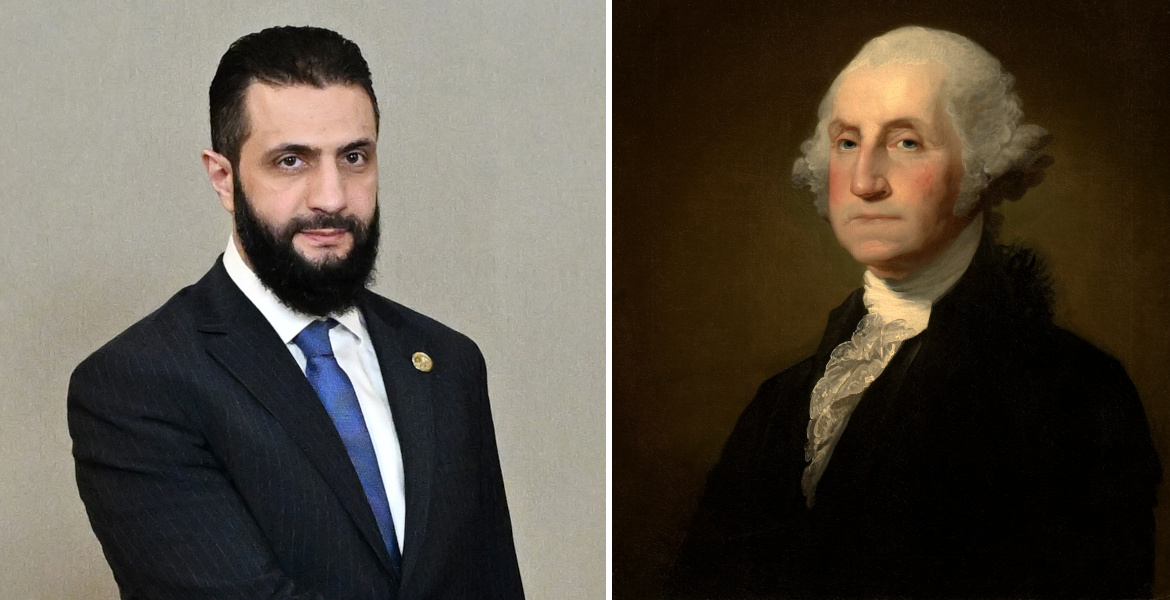Canada has delayed the expansion of its assisted suicide program to include people who suffer only from mental illness. The reason is that it says it needs more time to prepare health authorities for the changes in the law.
Since 2016, the country has implemented medical assistance in dying (MAID) for those who have been “deemed eligible by a physician to receive assistance in ending their life.” The law currently only applies to people suffering from a serious illness or other condition that causes severe or irreversible suffering. However, some parts of the law have been criticized, including after people have applied for assisted suicide because they cannot afford the care needed for their illness and society will not provide it. For example, two women were approved for assisted suicide solely on financial grounds.
However, the Canadian government has had plans for some time to include mental illness in the euthanasia law. These plans have drawn criticism from the public, with many questioning the decision. Member of Parliament Ed Fast accused Prime Minister Justin Trudeau of introducing a “culture of death” among citizens.
The changes to the law, originally scheduled for March 2024, are now being put on hold by the Canadian government. The reason is that the country’s health care system is not ready for the expansion. Instead, they plan to implement the changes in 2027.
– We have heard loud and clear that the health system is not yet ready for MAID where the sole underlying condition is mental illness, said Health Minister Mark Holland.
Lack of competent personnel
The extension is intended to give the provinces more time to prepare and develop their health care systems. In addition, there are currently not enough doctors and psychiatrists to assess mental illness.
– We know that mental illness can cause real suffering. That’s why supporting the mental health and well-being of people in Canada remains a priority for our government, said Ya’ara Saks, Minister of Mental Health and Addictions and Associate Minister of Health, in a press release.
Including mental illness in the law would mean that anyone deemed to be suffering from a mental illness could apply to the state for assisted suicide. A similar law exists in Belgium, where, for example, a 23-year-old woman was allowed to end her life by assisted suicide due to mental illness.









